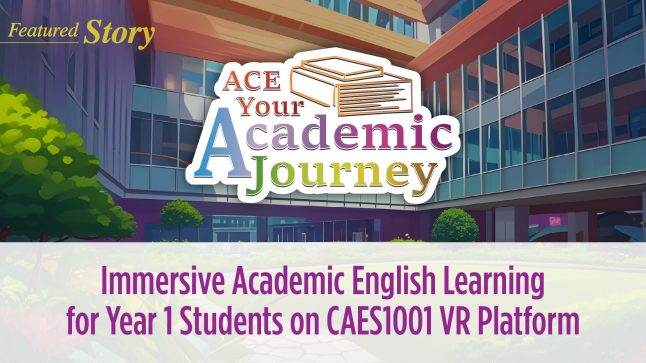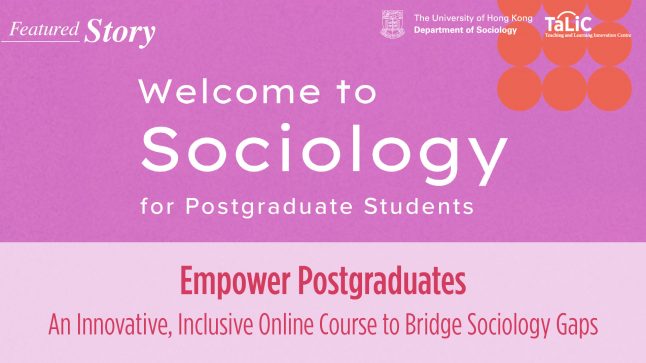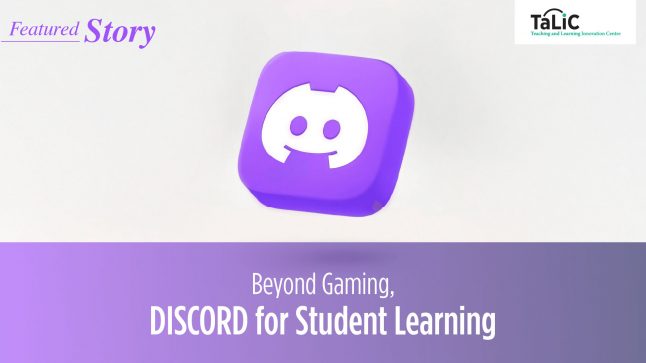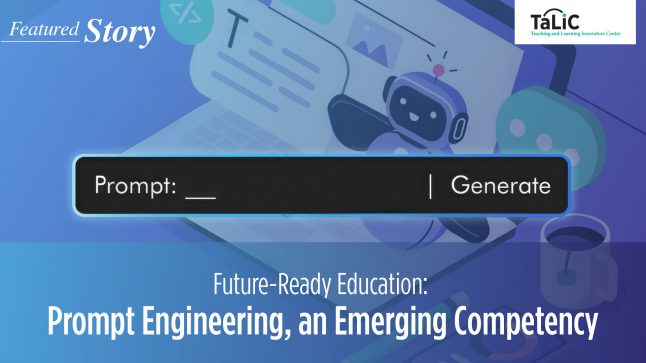
Effective clinical handovers are vital for seamless patient care and strong teamwork in healthcare.
To build essential skills, competence and confidence, Nursing students benefit greatly from realistic, interactive practice. The AI-Enhanced Virtual Reality Simulation System in Nursing practice, co-created by the innovative team led by Dr. Maggie Chan*, Dr. Benney Wong, Mr. Abraham Wan at the School of Nursing, and Dr. Carson Hung and Mr. Ziv Tai at TALIC, were designed to prepare nursing students for professional nursing communications through cutting edge simulation technology.











